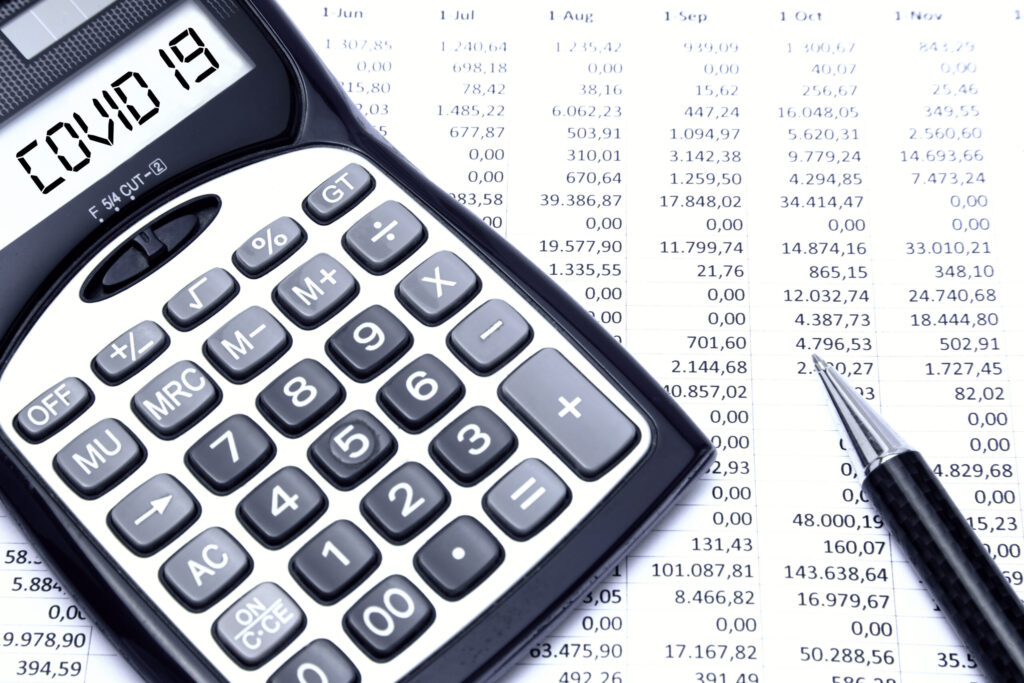New Forensic Accounting Landscape Amid a Pandemic

COVID-19 has presented challenges in every industry, in every country, throughout the world. As businesses and markets attempt to keep up with the inevitable and constant changes plaguing the globe, there are some clear winners and losers. Forensic accounting is one segment that is often benefitted during an economic downturn. With jobs scarce, markets disrupted, and widespread economic uncertainty running rampant, the presence of things like fraud tend to increase.
When legal action and fraud linger, forensic accountants are often looked upon to lend their expertise and shed light on a financial situation. However, the pandemic has led to a range of inexplicable changes. For this reason, forensic accounting has had to adapt and adjust in order to best serve. Forensic accountants, lawyers, and more have had to navigate widespread court closures, new social distancing guidelines, and disruption to business of all kinds. This has led to an unprecedented instability in the forensic accounting field.
As the court systems look to get back to normal, stay-at-home orders have continued to plague efforts to fully get back to normal. Attorneys are conducting hearings, depositions, and more in a virtual setting. This means that when they lean on forensic accountants to gather evidence, investigate, and lend their expertise in cases involving embezzlement, tax fraud, and the like, strategic adjustments are critical.
A number of challenges have forced forensic accountants to adapt. Some of these challenges have led to opportunities, but many have meant that forensic accounting must change its ways to best operate during the pandemic. The following are some of the most notable changes that forensic accounting has seen thus far:
- Cases have dwindled with court systems closing or operating in a limited capacity
- Human-to-human interaction is intensely restricted, meaning in-person meetings are rare
- Things like depositions and witness interviews must be conducted virtually, potentially impacting the overall outcome of investigations
- Forensic accountants cannot interview subject with supporting documentation to unearth unclear financial activity
- Virtual meetings make it difficult to sense if the interviewee is hiding something
- Types of fraud have changed significantly, forensic accountants are seeing a rise in fraud related to COVID-19 relief checks
- Coordinating with the various parties typically involved in forensic accounting cases is now more complicated and workflow can be disrupted
While there are certainly a number of drawbacks and challenges to take into account, the role of forensic accounting will continue to be a vital part of financial and legal matters. As the economic impact of COVID-19 continues to be felt, insolvency cases are inevitably coming. Forensic accounting may have seen a shift in the last several months, but one thing is certain: the practice of investigative accounting will continue to be an extremely important aspect of legal and financial dealings.
